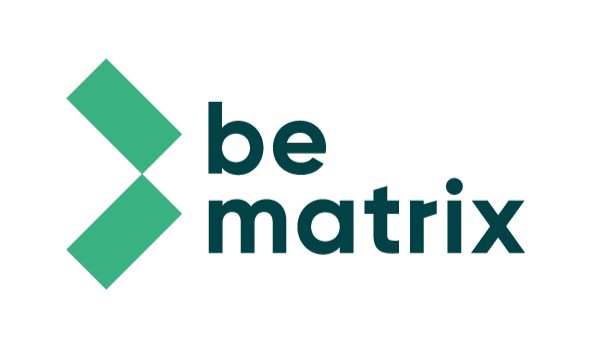As we know; "To promote our brand" is one of the most common reasons given by exhibitors when asked why they take part in exhibitions and conferences.
Many ESSA members earn their living by promoting other people's brands and also handle the design and print of exhibitor graphics.
Others think deeply about how client logos and messaging will be displayed on the stands that they design and build.
This need to promote brand recognition via events is great for business and long may it continue.
But what about brand development by members of the association? How could working on their brands bring sales advantage?
This isn't about your company logo
Branding in the context that I'm talking about is at a deeper level than your logo or corporate identity.
In fact, this kind of brand development doesn't cost any money.
Instead, it has to do with the values of the business and therefore, the values of your brand.
What does your business stand for? What are the values that you bring to a client?
First and foremost, you as the business owner or as a senior manager need to identify the values of your business.
If you think that this is too airy-fairy, or that your business is too small to be thinking this way, think again.
Every time that you or your business interact with a client, you are in some way displaying your brand in action.
Punctuality, friendliness, efficiency, on-time delivery, and completion...
These are all brand values that are displayed consciously or unconsciously.
"But it's just part of the job" many of you are quite likely to say. Yes, these things should be a given but quite often, they aren't.
A moment ago I mentioned deeper values, here's a great illustration.
Recently, a client of mine (an ESSA member too) recounted how he had delivered a portable stand-in person to a client exhibiting at a show at the Emirates just a few weeks ago.
No big deal you might think until you learn that he started the journey in Essex at 6am in a van that got stuck in a massive traffic jam close to the M25.
He and the van managed to divert to a railway station. He got out with the stand, caught trains and ran the last part of the journey to the venue.
The stand was delivered in time by one very hot and sweaty business owner. The client's stress was removed and she was impressed to see her supplier and her stand.
But I'm not telling you this tale because of the client. I'm re-telling it because of the impression that was made on the staff of that supplier.
The incident was a concrete illustration of something that had been drummed into staff from Day One of joining the firm: "The success of our clients is our top priority."
Pride in the brand
Incidents like the one described above not only serve as great examples of living up to a company promise that has been made to staff and team members, these incidents also help to build pride in the brand.
That brand, of course, being the company that the team in question work for.
Imagine how the example shown by the dedicated boss translates when team members interact with clients. It's powerful stuff.
"We can't compete with them. They so much bigger and well known"
I have heard the sentence above said a few times recently.
The words have been spoken by the owners of small businesses comparing themselves to well known "industry giants.”
The owners think that their businesses are competing with these giants all of the time and not just when it comes to a pitch.
What they mean is that they are competing and losing to the giants’ ongoing marketing power and the power of their reputations.
The smaller businesses have assumed that because of these reputations they are automatically in a much weaker position.
Possibly that’s true, but those giants were also small businesses when they started out.
So, I’m all for forging your own reputation and your own fan base.
Build your own brand
Quality and consistency are sure routes to building a strong brand reputation.
Clients love to know that they can rely on their suppliers. Keep delivering and usually, you will keep your client.*
Clients also place a high value on creativity. Creativity is also an important brand attribute.
Creativity in this context is not about inventing brand new, high tech innovations although of course it could be.
Instead, creativity is about adding enhancements to the services that you deliver best.
Those small ongoing and incremental improvements that make your service work better than anyone else's.
And the improvements that make what you do even more effective for a client because they are geared to them personally.
If you haven't worked this way previously you will need to change some fundamental work practices.
These might include:
- Positioning your business to serve only defined groups of clients (because you are seeking to build a reputation with those businesses and not everyone else)
- Putting a stop to generalist quotations being issued (unless what you sell are a low value and common commodity type items)
- Refusing to do certain kinds of projects (because of low value or because they are outside your company's area of strength)
- Adding enhancements to your core services. (This is the route to being seen as an innovative brand)
Building a brand and a reputation takes time but it's really worth the effort. If you want proof, read this articlethat appeared recently in the Indie.
*Yes, I know that sometimes new people come in and you lose work even though you've done great work in the past. That won't ever go away.
David O’Beirne
https://d755c41af03df316aff5f74bcd008648-gdprlock/in/davidjobeirne
The Exhibition Agency Ltd
63 Vera Avenue, London N21 1RJ
T. 0203 633 4665
M. 07858 374 051
www.exhibitorsonly.biz
CHANGE YOUR FOCUS: CHANGE YOUR RESULTS


